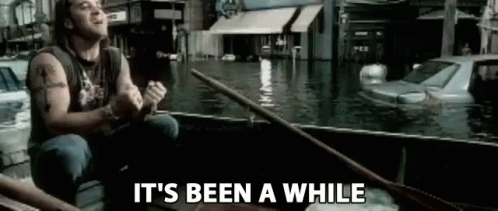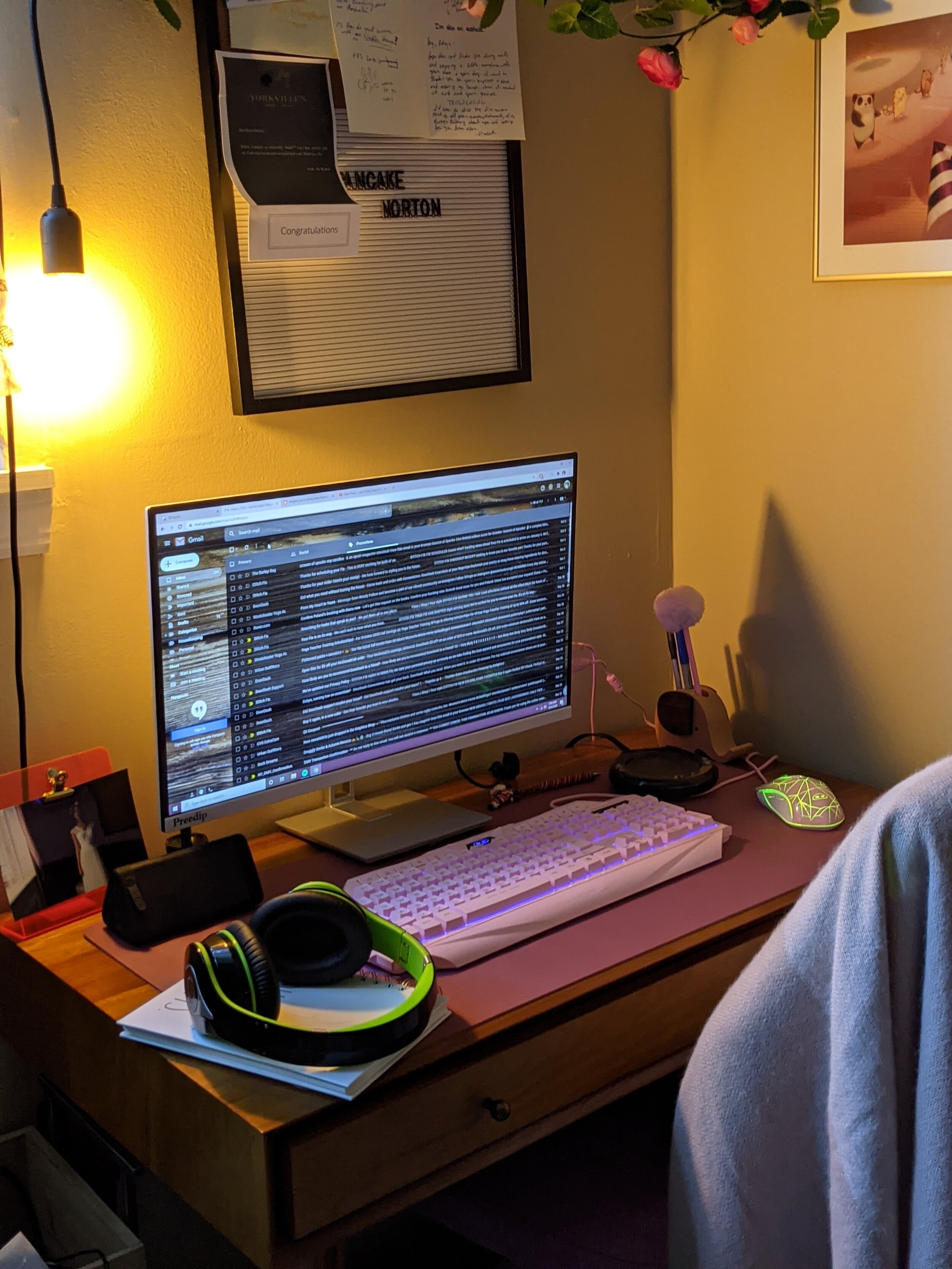5 Misconceptions of Beginning Writers
Picture it:
Nashville, 2013. A tiny black girl fresh out of undergrad sends off her work to different universities to study fiction for her MFA. She writes and waits. She waits and writes. Eventually, she receives letters back from these universities, all rejections. She’s heartbroken — shocked! Surely she’ll never be a writer. Surely her years of practicing have been utterly wasted! Despairing, she gives up completely.
For a few minutes.
She spends her year off working on her writing package, putting together new stories, creating a local writing group and getting feedback and studying her craft.
The next year, she sends off to Emerson College for her MFA and gets in. She gets a bunch of accolades, graduates with honors, and tons of people loves her stories.
Kids, that tiny black girl was me. What I’m saying is, the world of writing is hard and full of rejection and no one is cheering for you. You gotta cheer for yourself. But when you’re just starting out and your skin hasn’t hardened yet, it can be tough to psyche yourself up after a barrage of rejections. You might immediately think, Well, I’m no good and there’s no point.
Hey, maybe you aren’t any good! Yet. No need to give up. To brighten your heart, here are some helpful tips from your friendly local storyteller to combat the
5 Misconceptions of Beginning Writers
“This story I thought of is too big and scary for my current skill level!”
Well, you might be right. Maybe it’s full of things you don’t know how to do — world-building, a faraway place with rules you have to make up, a strange narration decision, time travel mechanics… scary stuff. And surely over your head. But you’re never going to grow if you don’t challenge yourself. Part of leveling up is grabbing something bigger than you can handle and riding it until it throws you. Then you do it again. Then you do it again. Your past is your best teacher — when you look back at what you’ve written, just watch when you catch yourself saying, “Yikes, I wouldn’t do that now. I would probably handle it like this…” Allow yourself to struggle.
2. “I can’t watch TV/movies and be a good writer. I can only read!”
Um, who told you that? Some asshole who doesn’t know anything and thinks that good storytelling revolves around stodgy, humorless prose. Certainly not the case. Great storytelling can be found anywhere — narrative is not something limited to the written word and acknowledging this and using it to your advantage will give you a leg up over that asshole adjusting his glasses in your MFA class. Yo, fuck him!
Sorry but I just have a virulent hatred of people who hold their noses high over any other type of media. These are literally the same people with paragraphs so bogged down in Faulkner Lite 2-for-1 discount bin nonsense. Their opinions don’t matter. Next!
3. “Good prose matters most!”
See above. I’m not saying good prose doesn’t matter at all — you do need to have a grasp on the language and know how to express yourself in a calm and clear manner, and pretty flourishes are fun as all get out. However, this is always true: the story matters most. Case in point, sometimes at the magazine, we have fiction in the slushpile where I read the first paragraph and say, “Ooh, what nice prose,” but then we’re on the second page and literally nothing has happened yet and it’s an instant rejection. Get to the meat or get out of the fucking street.
4. “No one wants to read what I’m writing…”
Simply not true. Do you know how many people are on this planet? People read with enthusiasm foot porn, how-to manuals on fixing drain clogs, let’s play guides, dime cozies, drag queen biographies, the same hurt/comfort fanfiction they read when they were twelve, poorly written think pieces in Vanity Fair, tweet clusters by 14-year-old girls, mean comments on YouTube… you think people could read all that stuff and yet there’s no one out there perfectly tuned in to what you want to write? Think again.
5. “I’ll never be a real writer.”
Look, kid. Are you a corporeal being? Are you writing things down? You’re a real writer. Hate to break it to you.


















